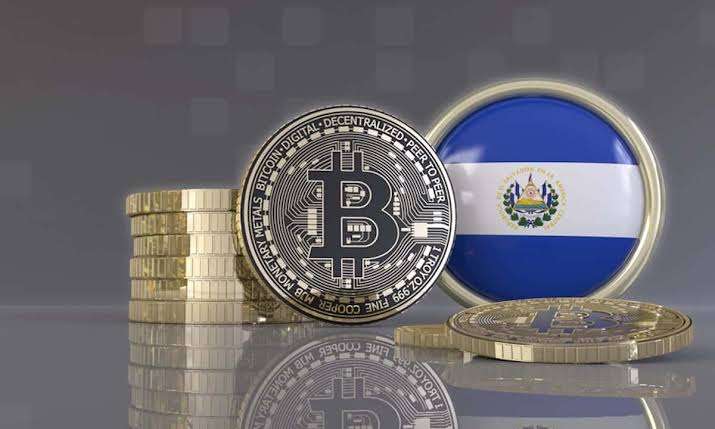A migration law has been enacted by the Congress of El Salvador, which authorizes expedited citizenship for foreign investors who contribute Bitcoin towards government development programs.
The New Ideas Party of President Nayib Bukele supports the reform.
The unicameral legislature authorized the reform without a minimum Bitcoin donation requirement being specified.
The legislation prioritizes President Bukele’s development initiatives as being of “vital interest,” thereby appealing to “altruistic expatriates” who are enthusiastic about contributing Bitcoin to aid in the economic, social, and cultural progress of El Salvador.
By adopting this unparalleled strategy, qualified foreign investors can circumvent the conventional naturalization procedure, which mandates that non-Spanish speakers or those married to Salvadoran citizens maintain permanent residence for two years.
The absence of a specified donation threshold further complicates citizenship for cryptocurrency.
Adopting Bitcoin as a legal tender in El Salvador has encountered obstacles, such as a sluggish implementation process and restricted utilization.
Although certain foreign proponents of Bitcoin have chosen to establish themselves in the nation, the broader economic ramifications are still unknown.
Presidential Bukele’s advocacy for a digital currency agenda coincides with his endeavors to secure an International Monetary Fund (IMF) financing program.
The hazards associated with El Salvador’s adoption of Bitcoin, on the other hand, have caused the IMF to express concern, which has complicated negotiations for financial assistance.
Bukele’s re-election bid is a contentious one, given the possibility that constitutional restrictions on consecutive terms may apply.
The ruling in 2021, which endorsed Bukele’s re-election eligibility, was rendered by El Salvador’s highest court, which Congress designated. This decision prompted global censure, including that of the United States.
The ratification of the legislation occurs concurrently with President Bukele’s re-election campaign on February 4th.
Given the current negotiations with the IMF, El Salvador’s unorthodox approach to citizenship and heavy dependence on Bitcoin are subjects of scrutiny by the international community.
In conjunction with the IMF’s concerns, El Salvador’s economic difficulties create a complicated picture of the nation’s future.
As Bukele confronts both domestic and international challenges, the ramifications of associating citizenship with Bitcoin donations will inevitably incite additional discussions regarding the dynamic convergence of finance, governance, and cryptocurrencies.
In general, El Salvador’s legislative action signifies an unprecedented union of cryptocurrency and citizenship, which has generated considerable international concern.
The absence of a specified minimal donation threshold and the cautious approach taken by the IMF introduce further intricacies to an already contentious policy, leaving the international community to contemplate the possible ramifications for the political and economic environment of El Salvador.












